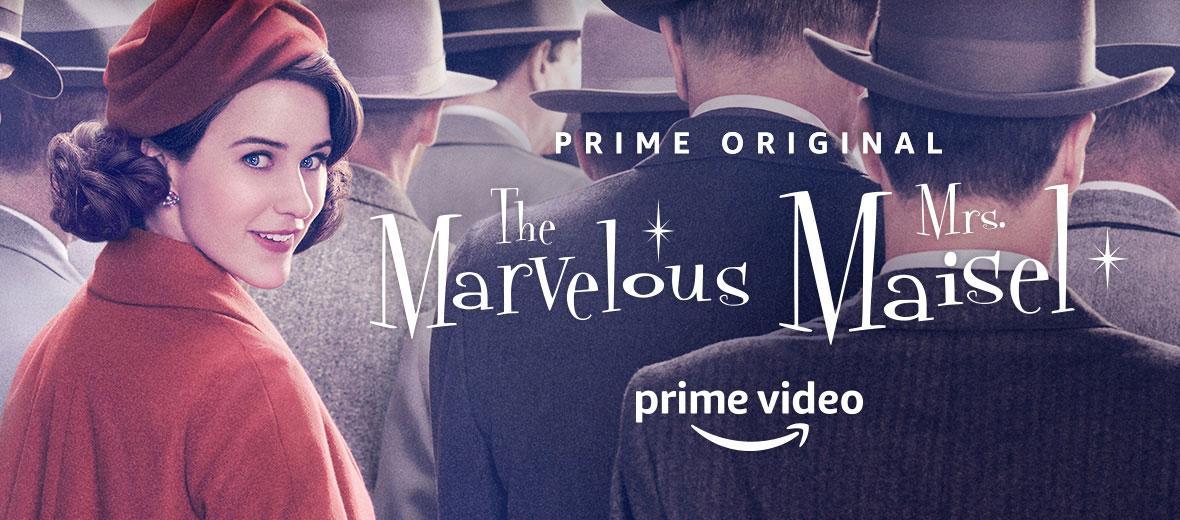R
ecently winning eight Emmy Awards, including Outstanding Comedy Series, Amazon Studio’s “The Marvelous Mrs. Maisel” is a hilarious, thought provoking detour from the standard 1950s narrative.
Set in 1958, the show explores the less glorious aspects of life in the 1950s through the world of stand-up comedy. 28-year-old Miriam “Midge” Maisel, played by Emmy winner Rachel Brosnahan, is a delightful upper class housewife with a mind and mouth of her own. Unlike most period pieces, “The Marvelous Mrs. Maisel” does not shy away from nudity, profanity, drugs and alcohol. It also relies heavily on taboo topics from that time period, especially infidelity and divorce. The show in its entirety is a brilliantly comedic take on the struggle of women in the 20th century and the transformation to self-reliance and independence.
Throughout the series, Midge begins to place less and less value on her looks and more importance on becoming a working woman and exploring life outside the realm of domesticity. Midge goes from a woman who apologizes and takes the blame for other people’s mistakes to taking control of her life and speaking her mind. She says, “Why do we have to pretend to be sorry when we have nothing to be sorry about?”
“The Marvelous Mrs. Maisel” acts as such a strong, highly influential piece of feminist television. Without the limits of broadcast television, Amazon Studios and writer-creator Amy Sherman-Palladino are able to construct a narrative free of constraint and fully contrast the grittiness of Greenwich Village with the glamourous Upper West Side. The dynamic between Midge and her unconventional manager Susie, played by Emmy winner Alex Borstein, is probably the most groundbreaking aspect of the show. It is extremely rare to see television and films in which two drastically different women can bond together and form a deep connection without the heavy influence of a man. Their relationship is based upon talent and a drive to be anything other than insignificant.
Midge is always dressed to the nines, with frequent and multiple costume changes an episode. While her femininity becomes the butt of many mean-spirited jokes throughout the show, at no point does Midge compromise her sense of self to fit in and make it as a comedian. Equally as important, Susie never conforms to society’s expectations of what a woman should look and act like, even when she is regularly referred to as a man. The costuming helps the feminist narrative that women can be powerful and ambitious without changing their appearance for the comfort of others.
Of course, “The Marvelous Mrs. Maisel” would not be the same without its leading lady. Brosnahan’s acting is brilliantly executed. While it would have been nice to have a Jewish actress play such a significant Jewish character, it is understandable why Brosnahan was casted in the role due to her ability to show pain and vulnerability while cracking some of the show’s funniest jokes.





![[Both photos courtesy of sonoma.edu]
Ming-Ting Mike Lee stepped in as the new SSU president following Sakakis resignation in July 2022](https://sonomastatestar.com/wp-content/uploads/2024/04/CC4520AB-22A7-41B2-9F6F-2A2D5F76A28C-1200x1200.jpeg)


























